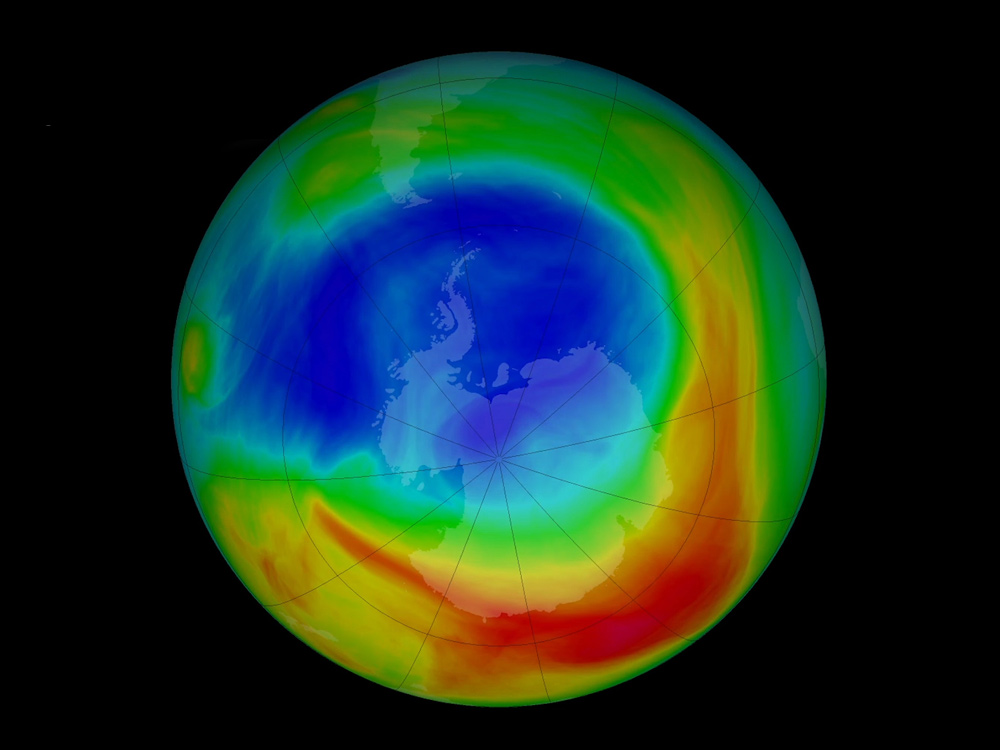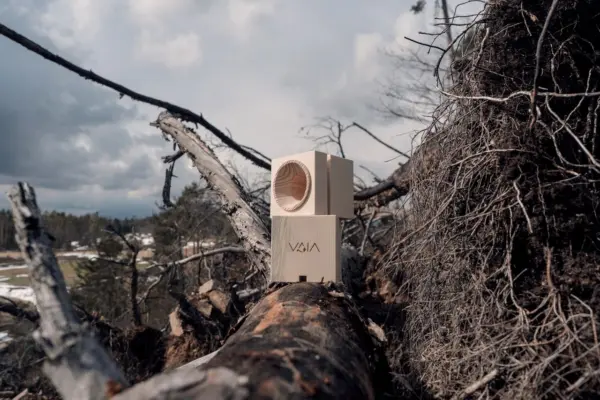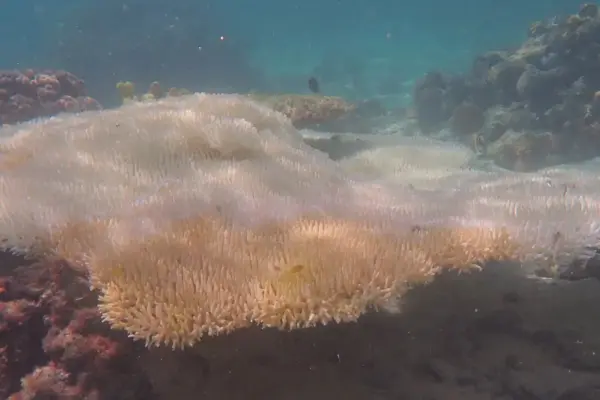India Vows To Eliminate Gases Contributing to Ozone Layer Depletion In Accordance With The Kigali Amendment
The Kigali Amendment to Montreal Protocol is an international agreement made to protect the ozone layer by minimizing the consumption and production of hydrochlorofluorocarbons (HFCs) and other Ozone-Depleting Substances (ODS). Given the cruciality of this layer, India has vowed to ratify the Kigali Amendment in order to reduce ozone-depleting gases.
According to a government release;
The Union Cabinet, chaired by Prime Minister Narendra Modi, approved Ratification of Kigali Amendment to the Montreal Protocol on Substances that Deplete the Ozone Layer for phasedown of Hydrofluorocarbons. There will be a national strategy for phase-down of hydrofluorocarbons after required consultation with all the industry stakeholders by 2023.
Ozone layer is in the earth’s upper and lower atmosphere, in the stratosphere and troposphere, respectively. Most atmospheric ozone is concentrated in the stratosphere, around nine to eighteen miles above from the earth’s surface. Ozone layer is vitally important for the planet’s biodiversity because it absorbs most of the sun’s harmful ultraviolet radiation.

Image: NASA
In this day and age, ozone layer is depleting rapidly due to anthropogenic activities. With the rise in global temperature, the demand for refrigerants is also uprising, which consequently adds to the problem.
Compounds like chlorine and bromine contributes in depleting ozone layer. Chlorofluorocarbons (CFCs), hydrochlorofluorocarbons (HCFCs), carbon tetrachloride and methyl chloroform are some of the major ODS. Furthermore, ozone can be destroyed more quickly than it is naturally created.
Also Read: Recovering Ozone Layer Reduces Carbon in Atmosphere, Finds a Study
A report from the United Nations Environment Programme (UNEP) mentioned that the Montreal Protocol has turned into an effective effort for protecting the ozone layer. Simultaneously, it has made a significant contribution towards avoiding emissions of powerful greenhouse gases, complementing the global efforts of the UN Framework Convention on Climate Change (UNFCCC).
The Parties to the Montreal Protocol have an opportunity through the Kigali Amendment to further contribute to significant mitigation of climate impacts by improving the energy efficiency of refrigeration and air conditioning and heat pump (RACHP) equipment during the phase-down of high GWP refrigerants
it had said.
Apparently, the amendments to the existing legislation framework, in accordance to the reduction in consumption and production of ODS, will be done by 2024 to ensure compliance with the Kigali Amendment.
Via: The Weather Channel


